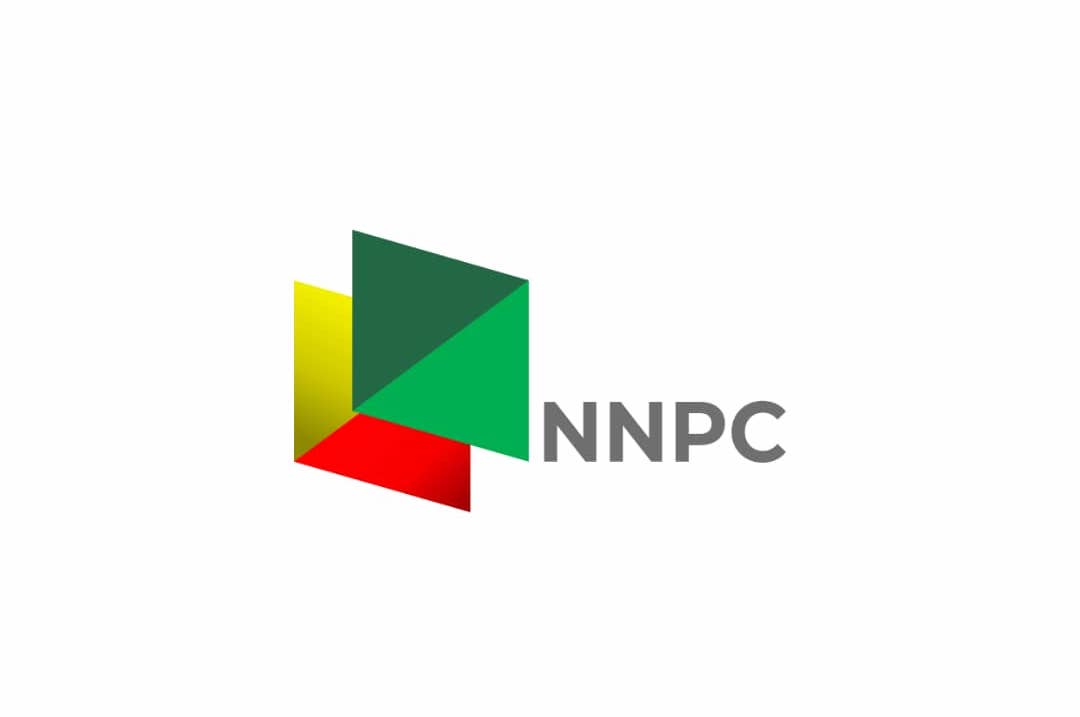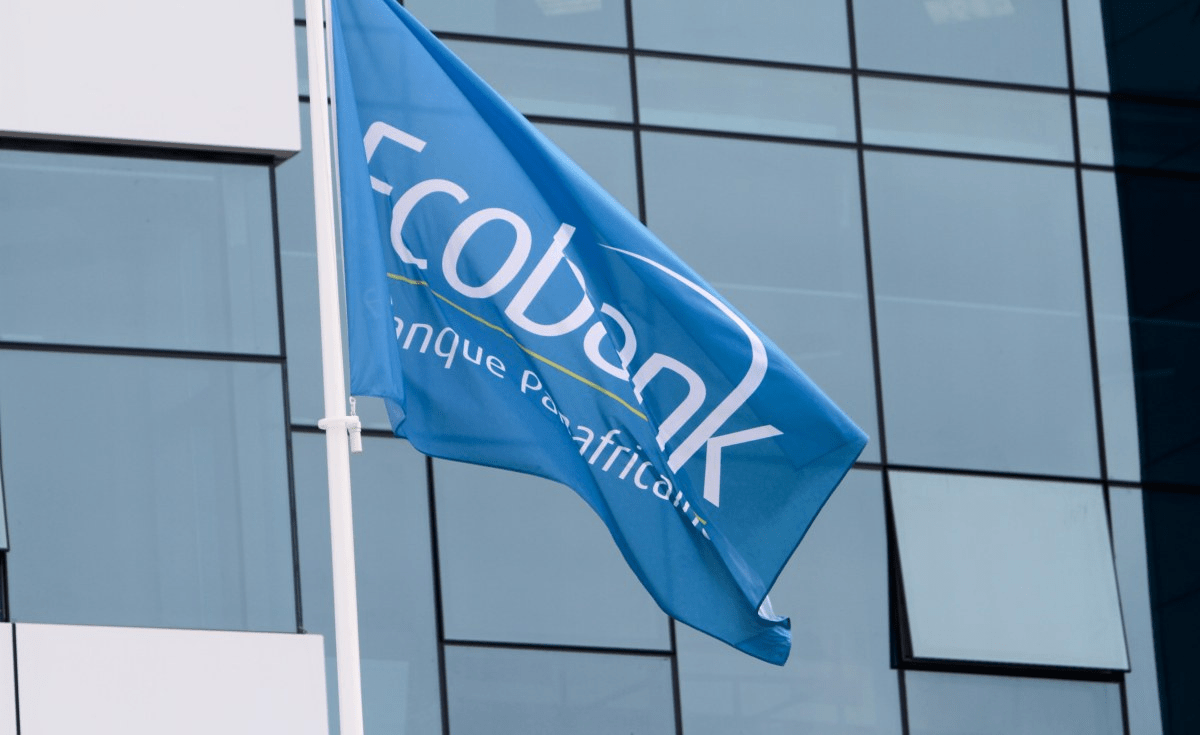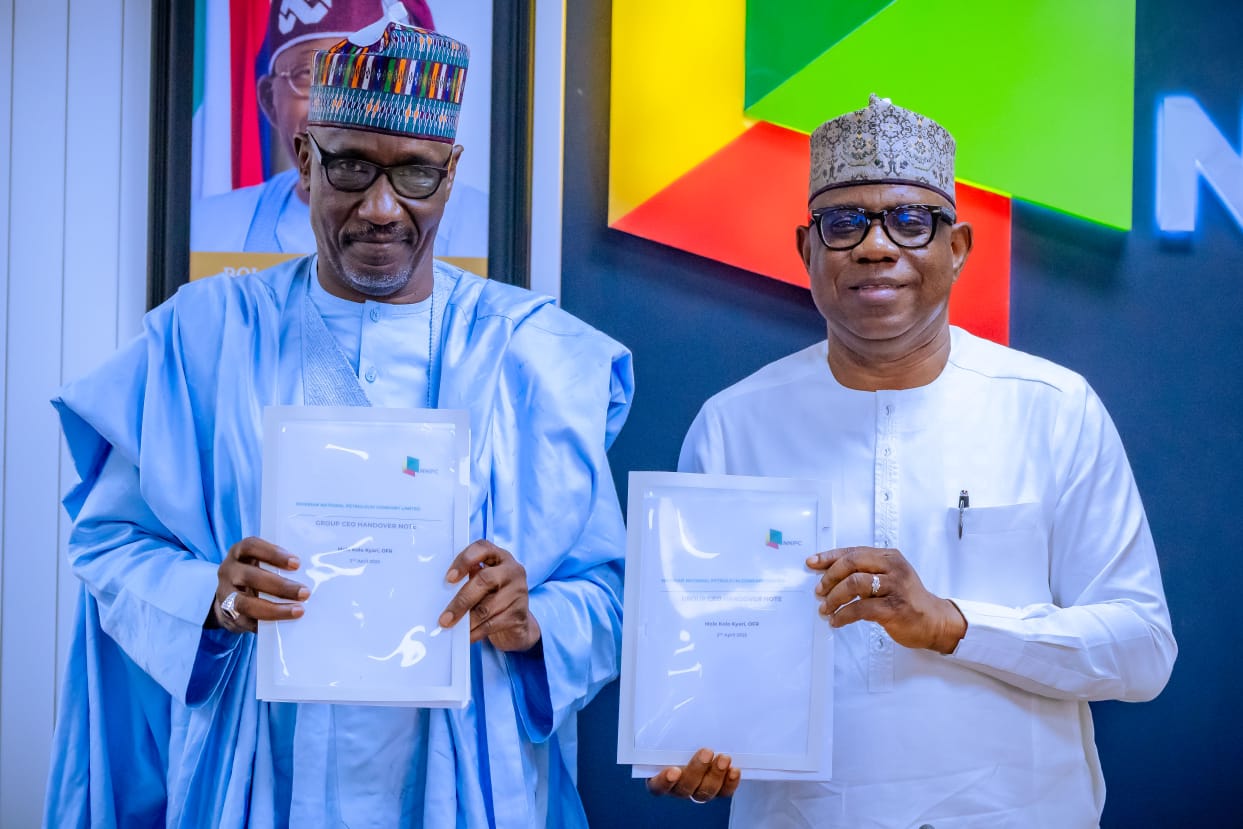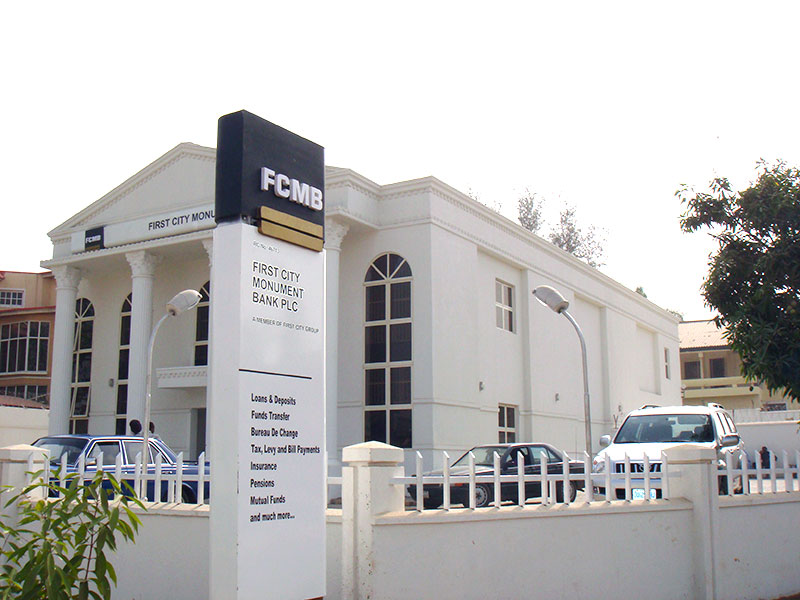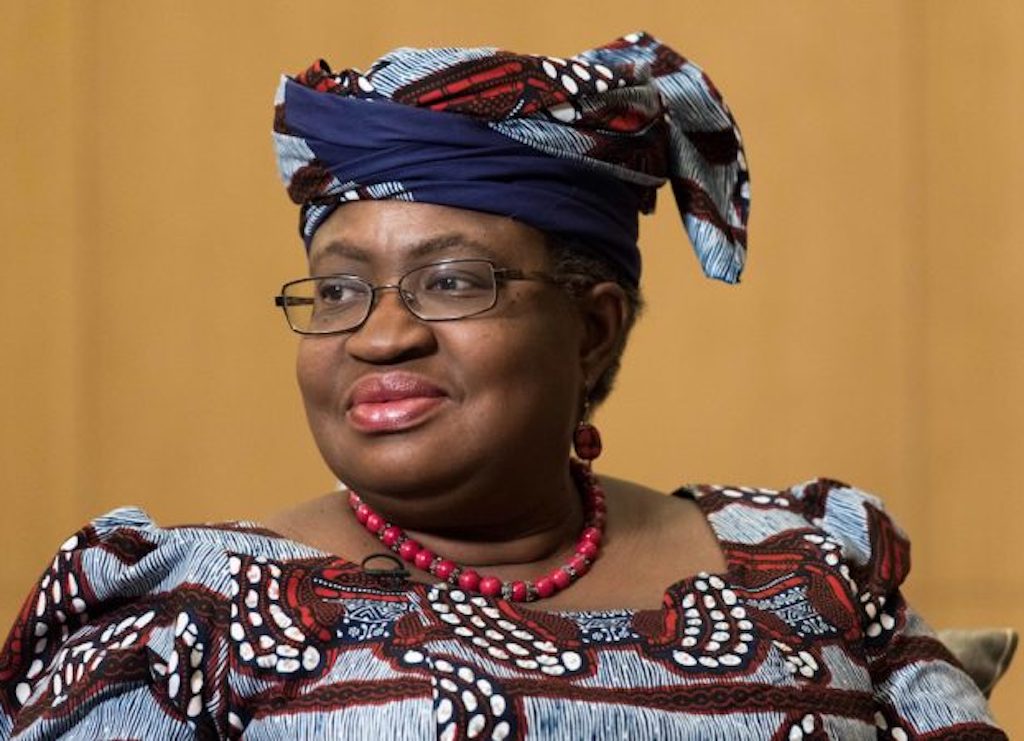Oluchi Chibuzor with agency report
President Donald Trump yesterday granted TikTok another reprieve by announcing that he would extend the deadline for when the popular app had to make a deal to be separated from its Chinese owner, ByteDance, or face a ban in the United States.
TikTok, which had been facing a Saturday deadline for a deal, now has another 75 days to find a new owner to comply with a federal law that requires it to change its structure to resolve national security concerns. That puts the new deadline for a deal in mid-June.
The delay was President Trump’s second for TikTok this year, according to the New York Times.
He had first paused enforcement of the law in January, even after it was unanimously upheld by the Supreme Court.
“The Deal requires more work to ensure all necessary approvals are signed,” Mr. Trump wrote in a post on Truth Social on Friday, adding that “we do not want TikTok to ‘go dark.’”
He added that he looked forward to “working with TikTok and China” to close the deal and suggested he would consider using the app as a negotiating chip with China on tariffs.
Trump’s latest action highlights the intractable nature of the dilemma with TikTok, which has endured years of scrutiny in the United States over its Chinese ties. Even as lawmakers and U.S. officials repeatedly raised questions about whether TikTok was secure, the app cemented its role as a cultural juggernaut, with more than 170 million users in the country who use it to make memes and share videos.
The delay also renewed questions about Trump’s willingness to put his presidential power ahead of the rule of law. The federal law that aimed to change TikTok’s ownership or have the app be banned was passed last year with wide bipartisan support and took effect in January. But Trump effectively overrode the law when he paused enforcement of it that month.
For now, one thing is certain: TikTok will continue to operate in the United States for the foreseeable future. In January, the app briefly went dark around the time the federal law took effect, before flickering back to life.
TikTok did not immediately return a request for comment.
The delay came after tense, last-minute negotiations and a great deal of interest from potential buyers. Vice President JD Vance, whom Mr. Trump tapped to help oversee the deal talks, said as recently as Thursday that a deal was imminent. Amazon submitted a bid, and the private equity giant Blackstone also weighed taking a stake in TikTok.
Much of the speculation in recent weeks centred around an option that stopped short of a full sale of the app. Instead, people close to the talks have described a deal in which existing U.S. investors in ByteDance would roll over their stakes into a new independent global TikTok company.
Additional U.S. investors would be brought on to reduce the proportion of Chinese investors, they said, because the law calls for no more than 20 per cent of TikTok or its parent company to be owned by people or corporations in so-called foreign adversary countries, a list that includes China.
It isn’t clear whether that kind of arrangement would satisfy the law, or the policymakers who pushed for it.
“There isn’t a ton that Congress can do,” said Alan Rozenshtein, a former national security adviser to the Justice Department and an associate professor at the University of Minnesota Law School. “If Republicans and Democrats cared, they could make this a legislative priority and do hearings about this, but my sense is they don’t have much influence nor much appetite.”
The concerns about TikTok’s Chinese ownership have been brewing for years. Intelligence officials and lawmakers have argued that ByteDance could hand over sensitive U.S. user data to Beijing, like location information, based on laws that allow the Chinese government to secretly demand data from Chinese companies and citizens for intelligence-gathering operations. They have also claimed that China could use TikTok’s content recommendations to fuel misinformation, a concern that escalated in the United States after the start of the Israel-Hamas war and during the presidential election.
TikTok has long pushed back on Washington’s concerns and sought to address them without a sale. It has said it has never misused data or spread propaganda at the behest of Beijing in the United States. But despite a multi billion Dollar security effort that sought to give the American government unique oversight of TikTok’s operations, the company could not win the trust of Washington.

